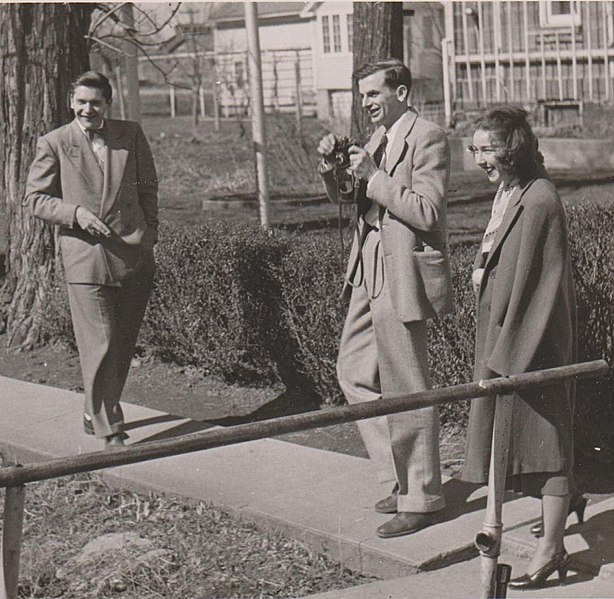 |
| photo: Charles Cameron Macauley |
I resist and oppose on principle the idea of regarding poets, novelists, playwrights or any artist at all as saints, philosophers or messengers of moral instruction; beyond the work itself, I regard their lives as subject to the same slings and arrows we all face and have to surmount, and regard their creation of art as having the sole duty of expressing their experience in the world with metaphors, symbols, whatever means and style it requires to make that expression memorable. It's a good idea to judge artists on what they share with the rest of the world, that they are part of the vaguely defined mass of "suffering humanity", but it's unwise, stupid even, to use what offends one's sense of moral order , the sins of the bohemian , as grounds to condemn and dismiss. Doing just that makes me ponder why many would bother reading literature at all.
What is the writer, the poet, the painter, the musician has to express is always imperfect and contains things and issues that reveal the creator's skull contains ideas, whims and notions that are , in fact , ugly. O'Connor, a Southerner, a spiritually restless fallen Catholic who doubted the perfected the redemption of humanity through any measure of grace, and more than likely politically conservative, is , as the saying goes, a product of her time and the surrounding cultural and regional connections around her as she developed as a person and as a writer.
To refer back to Flaubert, we need to trust the tale, not the teller, more or less because the facts of a writer's life prevents too many readers, struggling with their own issues, from reading the work and getting the benefit literature provides. I bear in mind is that O'Connor died when she was 39, had published only three books before her death; we were robbed of the chance to read a longer lifetime of books that would have revealed, more than likely, an increasingly broadened and nuanced way of investigating fictional territories. By all means examine the life and investigate the real energies in a person's life that a scribe brings to their narratives, but we ought to examine to understand the problems of genius, not to condemn it.


No comments:
Post a Comment
Comments are moderated due to spam. But commentaries, opinions and other remarks about the posts are always welcome! I apologize for the inconvenience.